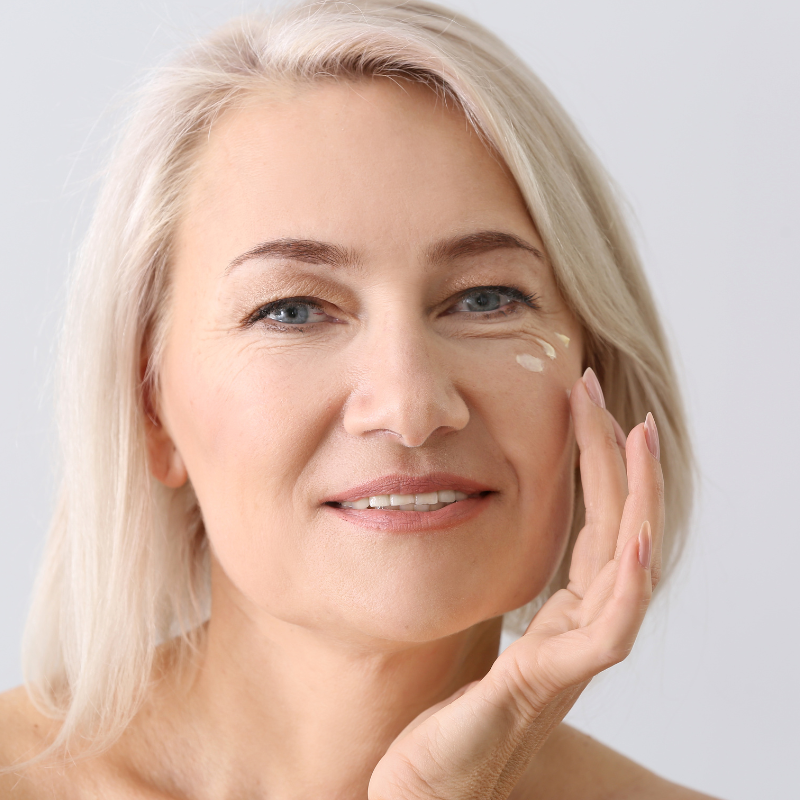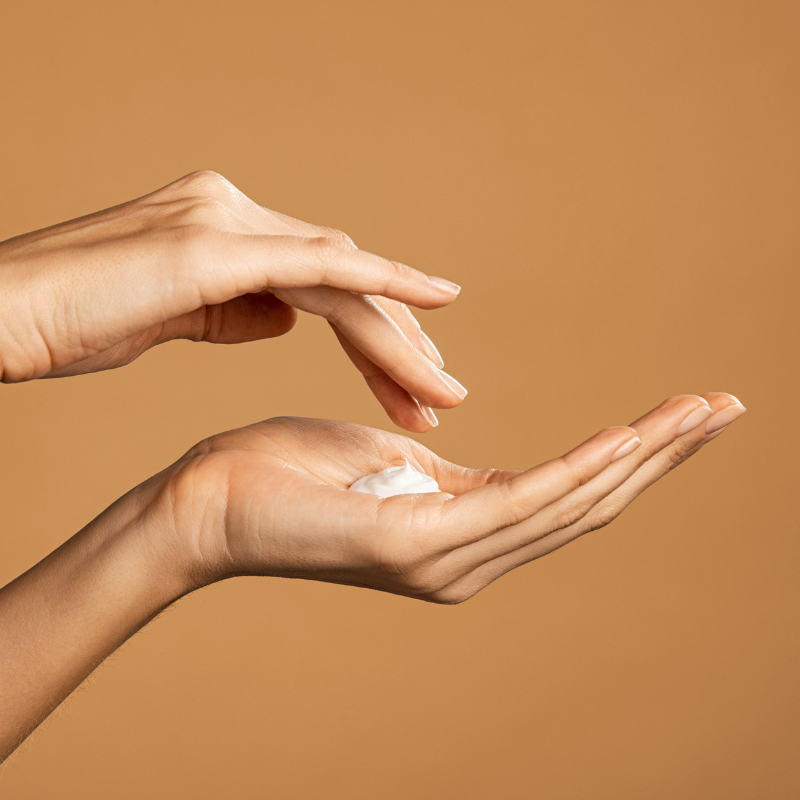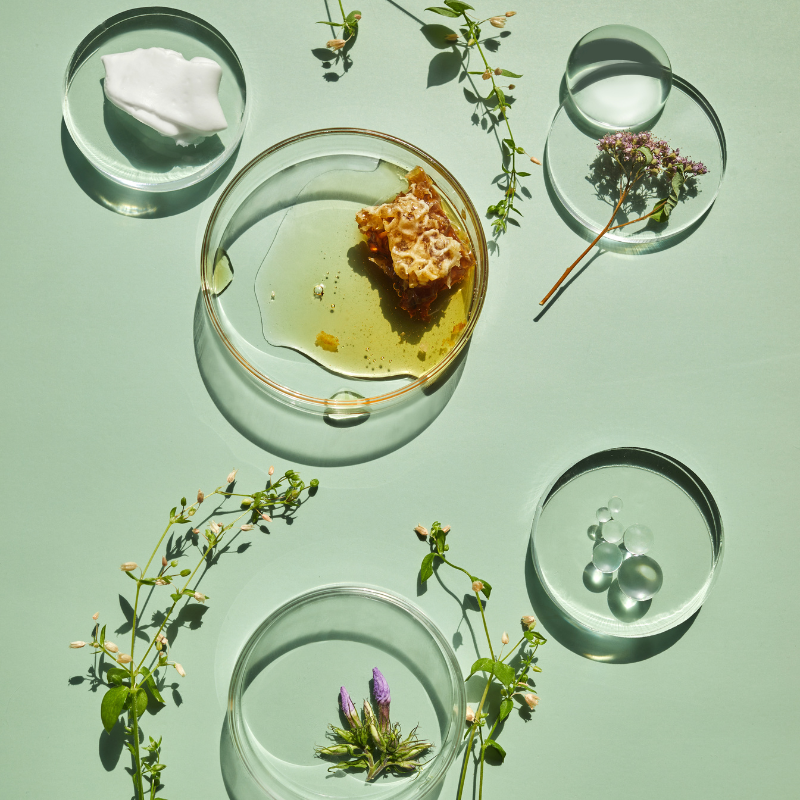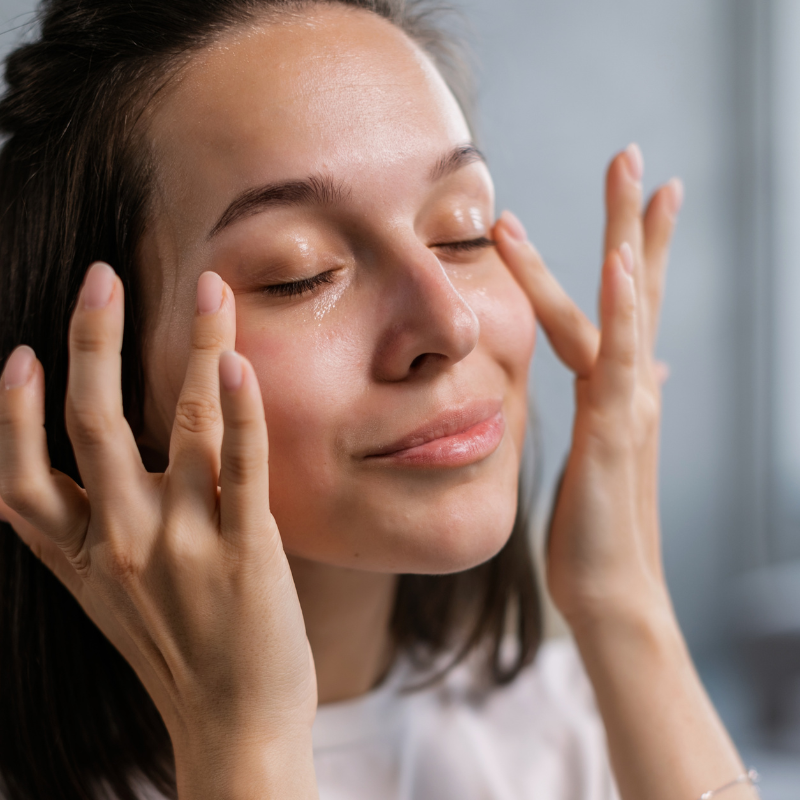Navigating the Retinol Revolution: The Safety of Retinol in Skincare
by Deborah Duffey, Chief Product Development Officer and President April 9, 2024
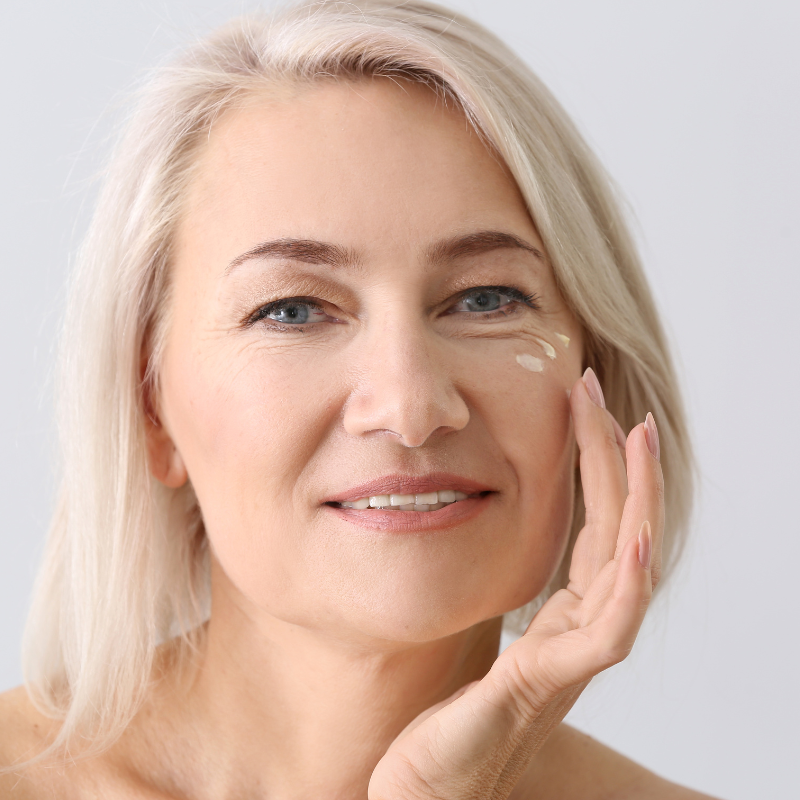
In the ever-evolving landscape of skincare, few ingredients have gained as much attention and acclaim as retinol. Lauded for its transformative powers in tackling everything from fine lines to acne, retinol has become a staple in many skincare routines. But with great power comes great responsibility – and questions about safety inevitably arise. So, is retinol in skincare safe?
The Power of Retinol
First, let's address why retinol has earned its status as a skincare superhero. Derived from vitamin A, retinol boasts a remarkable ability to stimulate cell turnover, promote collagen production, and refine skin texture. Its multitasking power makes it a go-to ingredient for addressing a myriad of concerns, from signs of aging to pesky breakouts. In short, when used correctly, retinol has the potential to deliver impressive results – and that's precisely why it's so widely celebrated.
Navigating Potential Concerns
Of course, with great potency comes the potential for irritation and sensitivity – and this is where concerns about retinol safety often arise. It's true that retinol can be too harsh for some skin types, particularly when used in high concentrations or without proper precautions. Common side effects may include redness, dryness, and flakiness, especially during the initial adjustment period. However, it's important to note that these effects are usually temporary and can be mitigated with gradual introduction and proper skincare practices.
Safety in Moderation
Like any powerful tool, the key to safely incorporating retinol into your skincare routine lies in moderation and mindfulness. Start with a low concentration and gradually increase frequency as your skin acclimates. Always follow with a high-quality moisturizer to help maintain hydration and minimize potential irritation. And remember, less is often more – there's no need to slather on layers of retinol products to see results. A little goes a long way, and patience is indeed a virtue when it comes to skincare. Also, it's critically important that you use a facial SPF, like this one here, while using retinol since it increases sun sensitivity.
Choosing Quality Products
Not all retinol products are created equal, and the quality of the formulation can significantly impact both efficacy and safety. Look for products that are formulated with Not all retinol products are created equal, and the quality of the formulation can significantly impact both efficacy and safety. Look for products that are formulated with stabilized forms of retinol, as these are less likely to cause irritation. Additionally, consider opting for products that contain soothing ingredients such as niacinamide, hyaluronic acid, and vitamin E to help balance and support your skin's barrier function. forms of retinol, as these are less likely to cause irritation. Additionally, consider opting for products that contain soothing ingredients such as niacinamide, hyaluronic acid, and vitamin E to help balance and support your skin's barrier function.
When in doubt, seek guidance from skincare professionals who can provide personalized recommendations based on your unique skin type and concerns. A dermatologist or skincare specialist can help assess whether retinol is suitable for you and recommend an appropriate regimen tailored to your needs. By partnering with experts who prioritize your skin's health and well-being, you can navigate the retinol revolution with confidence and peace of mind.

